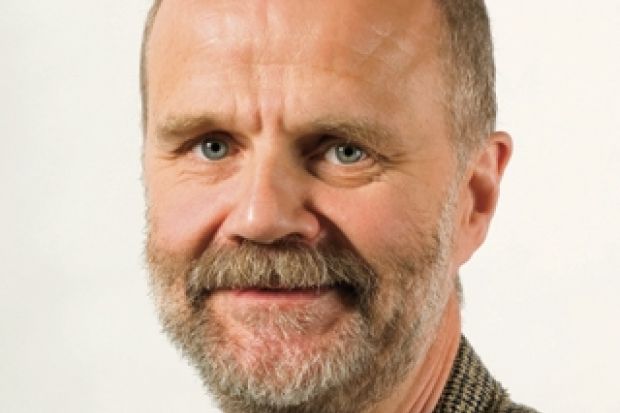A leading pioneer in the emerging field of science, technology and innovation studies (STIS) has died.
Stewart Russell was born on 6 August 1955 at Eastleigh in Hampshire and educated at Wimborne Grammar School before going on to study physical sciences at Pembroke College, Cambridge. He then secured research council funding to make the move from science to social science in 1977 at Aston University's Technology Policy Unit.
Key themes of Dr Russell's subsequent career soon became evident. An MSc was followed by a PhD on the political shaping of energy innovation, built round a meticulous analysis of the limited progress of combined heat and power in the UK compared with countries of continental Europe. Such work enabled him to make a major contribution to the early debates within the field of STIS and to distil his insights into powerful, policy-oriented studies addressing the challenges of environmental sustainability.
From 1988 to 2006, Dr Russell left Britain to take up the positions of lecturer and later senior lecturer in science, technology and society at the University of Wollongong, Australia. He then returned to become deputy director of the Research Centre for Social Sciences at the University of Edinburgh and proved crucial in forging the links with the Science Studies Unit that led to a merger as the science, technology and innovation studies subject group.
A passionate environmentalist who tried to live by his principles, for example by planning a carbon-neutral house, Dr Russell believed that science and technology required sustained analysis by social scientists and could not be left to the experts and engineers. He often acted as a consultant to trade unions and community groups as well as to government, and developed an innovative Understanding Technology public lecture series with the National Museum of Scotland.
For Robin Williams, director of the Institute for the Study of Science, Technology and Innovation, Dr Russell was "a scientist who became concerned about the issues surrounding science and technology and wanted to engage with the problems of environmental transition. He set about trying to understand why socio-technical systems are so hard to change. He had to constitute a new field and develop its core theories.
"When he died we were overwhelmed with messages from students who said that he always gave them his time and attention to resolve difficult problems. He was selflessly willing to give to others, although such work often goes unrecognised."
Dr Russell died of a brain tumour on 17 September and is survived by his partner Lorraine White.
Register to continue
Why register?
- Registration is free and only takes a moment
- Once registered, you can read 3 articles a month
- Sign up for our newsletter
Subscribe
Or subscribe for unlimited access to:
- Unlimited access to news, views, insights & reviews
- Digital editions
- Digital access to THE’s university and college rankings analysis
Already registered or a current subscriber? Login
